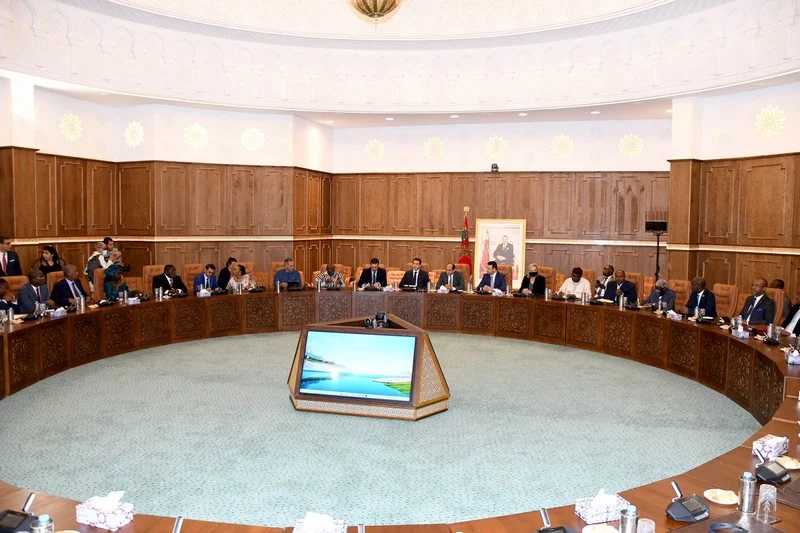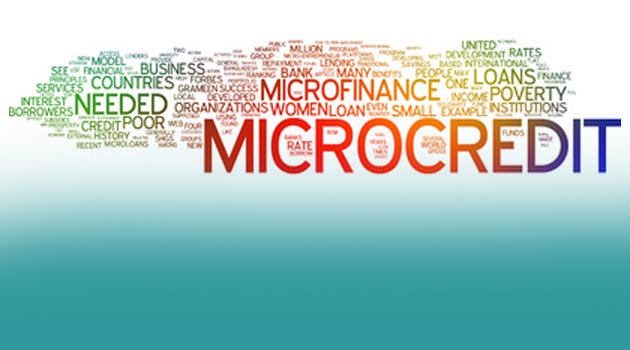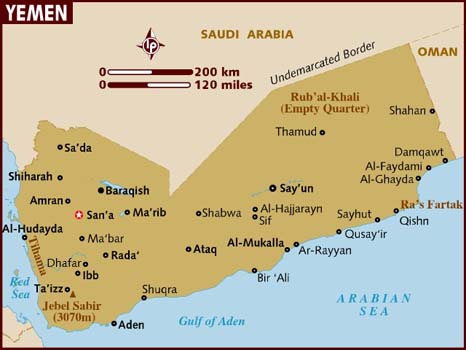African ambassadors in Rabat rejected the violent attack on Moroccan security forces by Sub-Saharan migrants as they attempted to cross into Spanish-ruled Melilla.
Early on Friday, nearly 2000 Sub-Saharan migrants armed with sticks, bladed weapons and even acid attacked Moroccan security forces at a border passage with the Spanish occupied city of Melilla.
Their violent rush triggered a stampede as many fell from the 12-meter-high fence causing the death toll to rise to 23 with dozens injured. Some 130 migrants made it to the other side of the fence.
At least 140 Moroccan security forces members were injured while trying to stop migrants, who have shown unprecedented violence on their way to the fence, triggering clashes with Moroccan and Spanish forces.
In the wake of this tragic crossing, Morocco’s foreign ministry and interior ministry officials briefed African ambassadors and projected videos showing violent attacks by the illegal migrants.
“They showed us videos of horrific violence,” Cameroun’s ambassador to Rabat Mohammadou Youssifo said.
After acknowledging the humanitarian approach permeating Morocco’s migration policy, Youssifo said the migrants attacked a narrow passage in which people go one by one using wooden and iron sticks as well as bladed weapons.
Chad’s ambassador said what social media has shown does not reflect what really happened. Now we better understand what happened and we will inform our governments, he said.
Gabon’s ambassador said Morocco only protected its borders adding that “we will never encourage illegal migration.”
Spanish Prime Minister and Foreign Minister have both paid tribute to Moroccan security forces for their steady efforts to put an end to illegal migration and the exploitation of migrants by trafficking networks and gangs.
Morocco was the only country in Africa to adopt a humanitarian approach regarding migrants offering more than 55,000 residency cards to mostly Sub-Saharan nationals.



